Publications

Journal Article
Agribusiness innovation, value chain interventions, farmer input use, agricultural productivity, land access and asset ownership
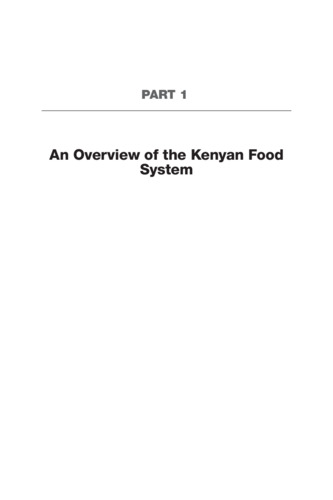
Book Chapter
Kenya’s agrifood system: Overview and drivers of transformation
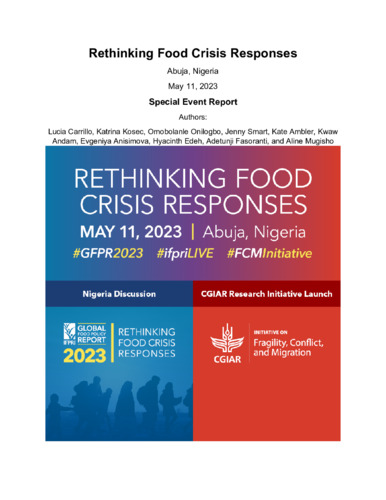
Report
Rethinking food crisis responses: The Nigeria presentation of IFPRI’s 2023 Global Food Policy Report & the launch of the CGIAR Research Initiative on Fragility, Conflict & Migration (FCM)
Blogs
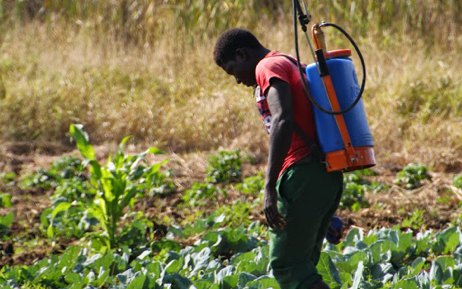
High pesticide use among smallholders in Africa south of the Sahara poses risks for health, environment
As demand for their crops rises, horticultural farmers in particular are employing hazardous pesticides. What can be done?
Events
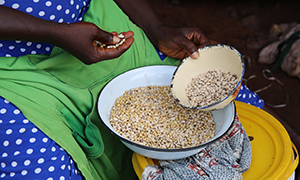
Innovation for Agribusiness (InovAgro) Project Impact Evaluation Results Dissemination Workshop
Virtual Event: OCT 28, 2021 – 02:00 PM to 03:30 PM CAT. This workshop will disseminate the results of the impact evaluation of the InovAgro project's interventions.
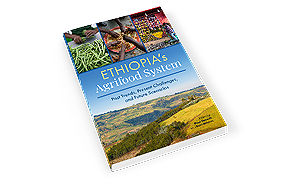
Virtual Event – Ethiopia’s agri-food system: Past trends, present challenges, and future scenarios
Ethiopia has experienced impressive agricultural growth and poverty reduction, stemming in part from substantial public investments in agriculture. Yet, the agriculture sector now faces increasing land and water constraints along with other challenges to growth. Growth in the agriculture sector remains essential to continued poverty reduction in Ethiopia and will depend on sustained investment in […]
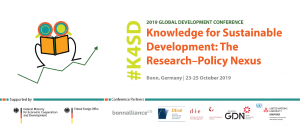
19th Global Development Conference
IFPRI is participating in the 19th Global Development Conference on October 23-25, 2019. The conference will facilitate the research-policy interface in pursuit of the SDGs. The conference will also mark GDN’s 20th anniversary since its launch at the Global Development Conference in 1999. Four interrelated conference themes will be discussed: Parallel Session 3.5: Greater Local […]




